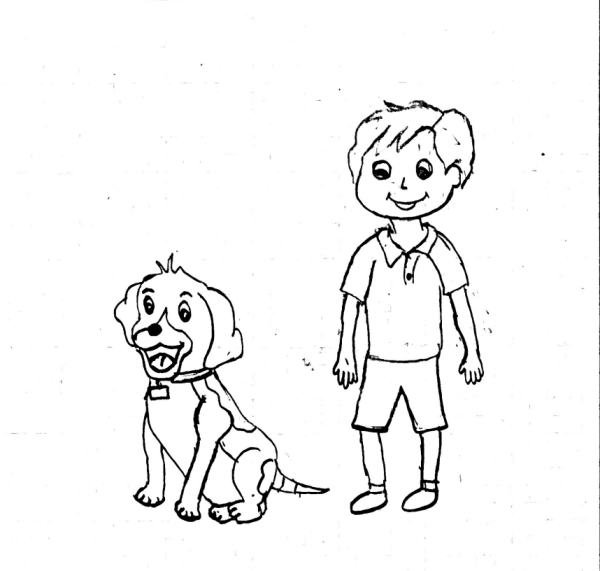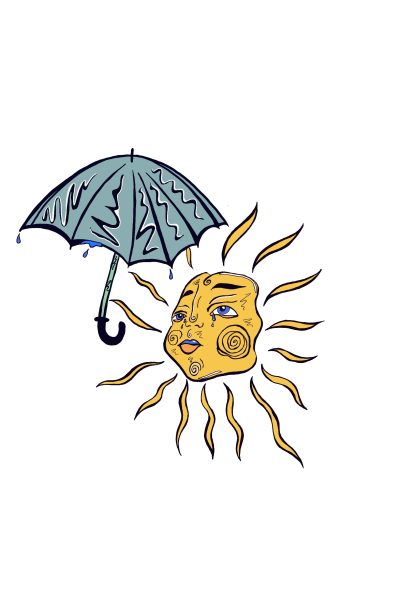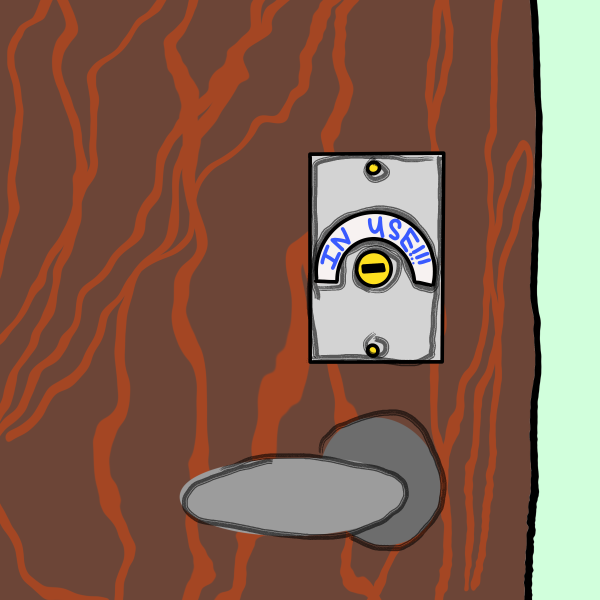Brave Squirrels
If there’s one topic not to get squirrely over, it’s this one.
One decisive moment I remember in touring Hamline’s campus was my interaction with its squirrels. I’m from the suburbs — the squirrels there are cowardly, skittish, and afraid — so the heroic squirrels of the city were unreal. I could walk up to them. I could even awkwardly say hi. I could imagine petting them (but not actually pet them) or think about the possibility of having one as a pet (but again, not actually doing anything about it).
Squirrels on campus are part of the environment. A part of the college package. Wherever you walk, it’s a guarantee that there’s a squirrel within view of you, whether you know it or not.
So, you may ask, “Matt, why are you writing a column about squirrels?” And that’d be a good question, but there’s an even better question to answer it: why are squirrels not talked about more often? The seasons are changing, and amidst our coughs and unchecked sneezes and shivers, our important campus critter is faced with the brunt of more powerful damage.
When squirrels are born, they’re smaller than a golf ball. If we want to get more specific – because I’m sure we’re not up to date on the squirrel trivia – they’re usually about an inch long. It makes these brown furballs easy to miss. They stand out about as much as one leaf on a patch of dead grass. According to the National Wildlife Federation, it isn’t uncommon for squirrels to fall out of their trees and get lost on the ground and, notwithstanding the height of the fall, it’s not rare for squirrels to lose track of their offspring, either. These two things together spell out disaster. It means that we have to be responsible for where we go and where we step. It means staying on the concrete and off the green and brown.
To add another reason that we should give the squirrels some space: squirrels are often in a dangerous dietary position. In the winter, squirrels stockpile. They eat voraciously in the fall and package away what they don’t eat in the snow. The National Wildlife Federation cites that, on average, a squirrel will lose about a quarter of their food in the snow due to snow displacement. It makes trudging through the thick snow next to trees a pretty sore idea. There are no verifiable statistics on squirrel attacks, but I wouldn’t test your luck. If a squirrel’s food is taken away – and we can see this example in people too – the result may be a feral rage and a couple vicious slashes to the face.
It’s unfortunate, but we cut corners all the time. On our sleep, on our homework, but also in our routes in-between classes. We decide that instead of going the wiser, more direct route, we decide to cut back on our time and walk through the grass and snow. Shortcuts are not always ideal, and that is particularly the case when it comes to whether or not you should be taking a detour off the sidewalks. We have to respect the campus critter and rightfully form our own allegiance with the neighborhood squirrel.
Allow me to leave you with a wholesome story: Near the beginning of the year, I came across the shocking sight of an injured squirrel. It was in the middle of a campus-wide “Clue” event, and many people were running about to do the activity. However, some students had come together to wrap the squirrel up in a sweater and call for help, and I’ll be real, I could have not been more touched. They called for a car to pick the squirrel up and move it off campus, and while that might sound strange, it was the intent that mattered. That little bit of kindness is what we need on campus, and it translates to other non-squirrel things. I’m not asking you to throw a blanket on the next squirrel you see when the inevitable snowstorm comes around, but I am asking you to do be mindful of what you do. The little things count. The little things matter. Little things can also be brave, and so can you.






Param Veeramachaneni • May 10, 2023 at 3:32 am
excellent, excellent article. going forward, I will only walk on grass. no more sidewalks, only detours!